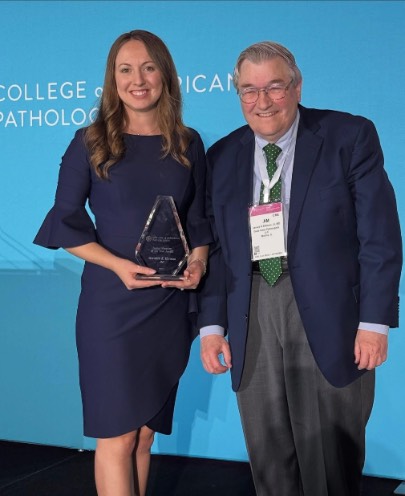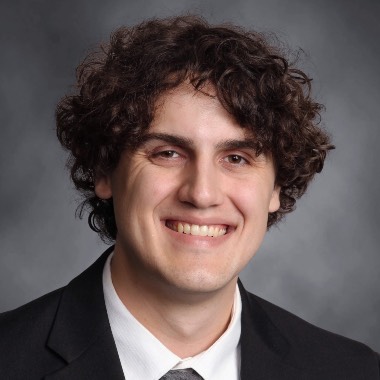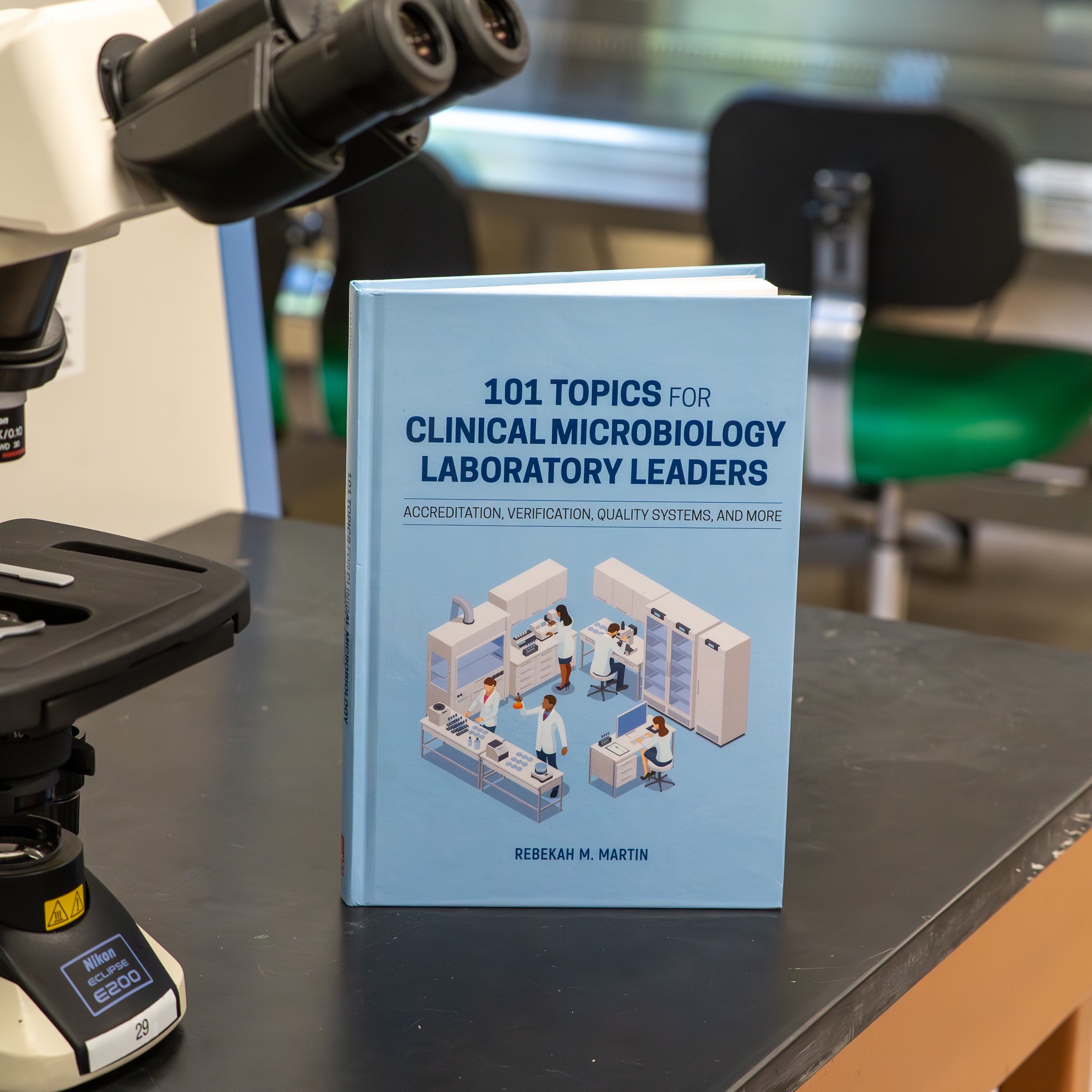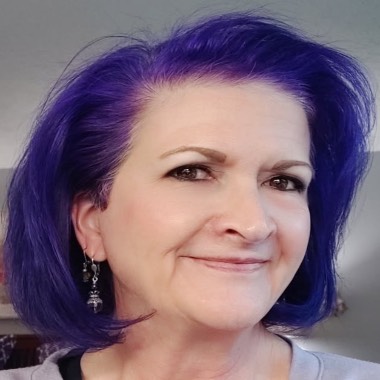BLD Alum Receives CAP Resident of the Year Award
Meredith Herman, a 2017 graduate of the MSU Biomedical Laboratory Diagnostics (BLD) Program, recently received the 2025 CAP Resident of the Year Award. This award, from the College of American Pathologists (CAP), recognizes one resident a year who has made outstanding contributions to the field of pathology, pathologists, laboratory medicine and/or the public.
Receiving the CAP Resident of the Year award is, as she describes it, “a lifetime meritorious achievement.” The award, selected by the CAP House of Delegates, recognizes leadership, advocacy, education and innovation in pathology. She was nominated by mentors, colleagues, and students she has mentored—many of whom have seen her passion for pathology firsthand.
A few initiatives that led to her nomination and selection for the CAP resident of the year award include:
- Collaboration and expansion of resources and social media reach through matchtopath.com, which provides free and accessible resources to students interested in pathology worldwide.
- Development of the MSU Pathology Interest Group (established in 2020) that has received annual funding from the ICPI and provides students with exposure to pathology.
- Establishment of the Resident forum within the Michigan Society of Pathologists that connects residents across the five pathology residency programs and medical students across 7 medical schools.
- Ongoing efforts to promote visibility of the specialty on social media across TikTok, Instagram, X, and LinkedIn.
- Creating opportunities for students to obtain scholarly activity through research, leading to poster presentations on national platforms such as CAP, ASCP, and USCAP.
Herman’s journey into pathology began with her discovery of the BLD program, which captivated her with its unique blend of laboratory science and real-world clinical application. “What captivated me the most was how lab professionals operate behind the scenes—transforming raw data into insights that guide clinical decisions,” she said. “What sealed the decision for me was the community—supportive mentors, peers who are genuinely curious and a curriculum that encourages thoughtful questioning.”
Her decision to pursue medical school crystallized during her junior year, after shadowing physicians and recognizing the potential for meaningful impact through diagnostic medicine. The experience from her time at BLD laid a strong foundation for both medical school and residency.
The program’s emphasis on clinical lab science provided her with an in-depth understanding of diagnostics and the critical role the lab plays in patient care. It was also the BLD community and mentorship that helped her flourish and grow, which has inspired her to give back through teaching and mentorship. Herman is currently completing her AP/CP residency at the University of Michigan, with interests in cytopathology and surgical pathology. She was drawn to the U of M program for its academic strength, diverse case volume, and collaborative environment.
“I’m passionate about many aspects of laboratory medicine, especially finding ways to make pathology more visible and accessible,” Herman said. “Whether through mentorship, outreach or creative projects that connect art and science, I’ve worked to share the field with broader audiences.”
One of the ways Herman combines her passion for science and creativity is through her social media page, @whitecoatartistry, where she shares her paintings inspired by pathology. Her artwork captures the beauty of cells, tissues and medical imagery in a way that resonates with both science lovers and art enthusiasts alike. With a growing following of over 28,000 followers on Instagram, Herman’s art has become a vibrant intersection of pathology and creative expression.
For current BLD students and young professionals, Herman encourages action and self-belief.
“Don’t wait to feel “ready” to get involved—start where you are, with what you’re passionate about. Small actions can lead to meaningful impact, especially when rooted in authenticity and collaboration,” she said. “Find mentors who inspire and challenge you, stay curious and don’t be afraid to bring your unique perspective to the table.”
As she looks ahead, Herman hopes to continue advancing pathology through education, mentorship, and advocacy.
“Whether it’s integrating new technologies, improving communication between labs and clinicians, or inspiring the next generation of pathologists, I want to help make the field more accessible and impactful,” she said.



